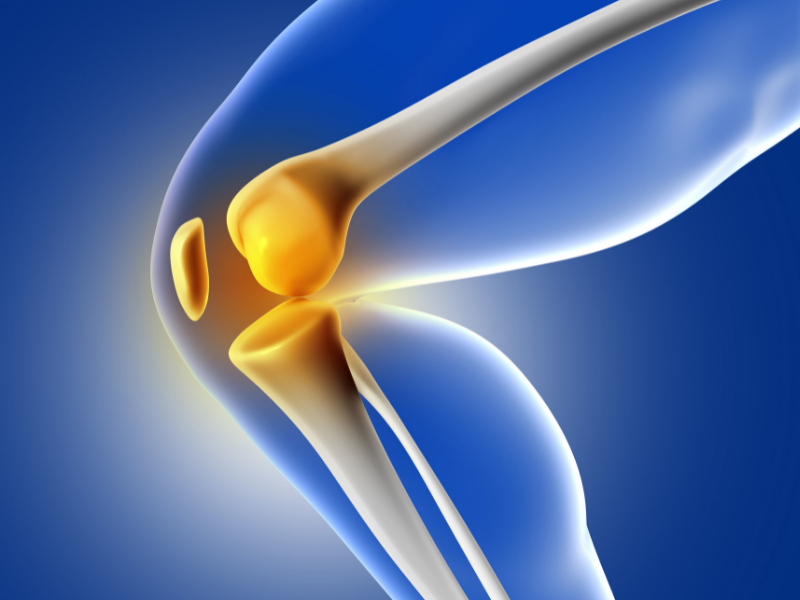
Aggrecan and Joint Disease
Jun 02 , 2020
Aggrecan and Joint Disease
Joint disease research focused on proteoglycans began in the 1950s and has evolved from the early discovery of molecules to the study of their normal biological function and involvement in disease.
Aggrecan, the major proteoglycan of articular cartilage, has received significant attention over the years as its responsible for hydrating cartilage, giving it compressibility and resilience during joint loading, thereby playing a major role in the normal function of cartilage. The depletion of its glycosaminoglycan bearing aggrecan fragments has been found to be one of the earliest events in cartilage destruction.
This cleavage is caused by proteases of two families: the matrix metalloprotease (MMP) family and the ADAMTS (a disintegrin-like and metalloprotease domain) family. Members of the matrix metalloprotease family that are present in cartilage (MMP-2, -3, -7, -8, -9, -13 and -14) are capable of cleaving aggrecan between the Asn341 and Phe324 amino acids of the interglobular domain (IGD), while members of the ADAMTS family (ADAMTS4 and ADAMTS5/11) cleave the Glu373 and Ala374 bond within the IGD as well as other sites of aggrecan. Ultimately, dysregulation of cells (chondrocytes, synovial cells and macrophages) and the over-expression of proteases are key pathological mechanisms in arthritis.
MD Biosciences supplies specific antibodies that recognize the new termini created by these cleavage sites. These are commonly referred to as neo epitope antibodies and can be used to further understand the biochemistry of proteases and their affect on aggrecan.

Products:
